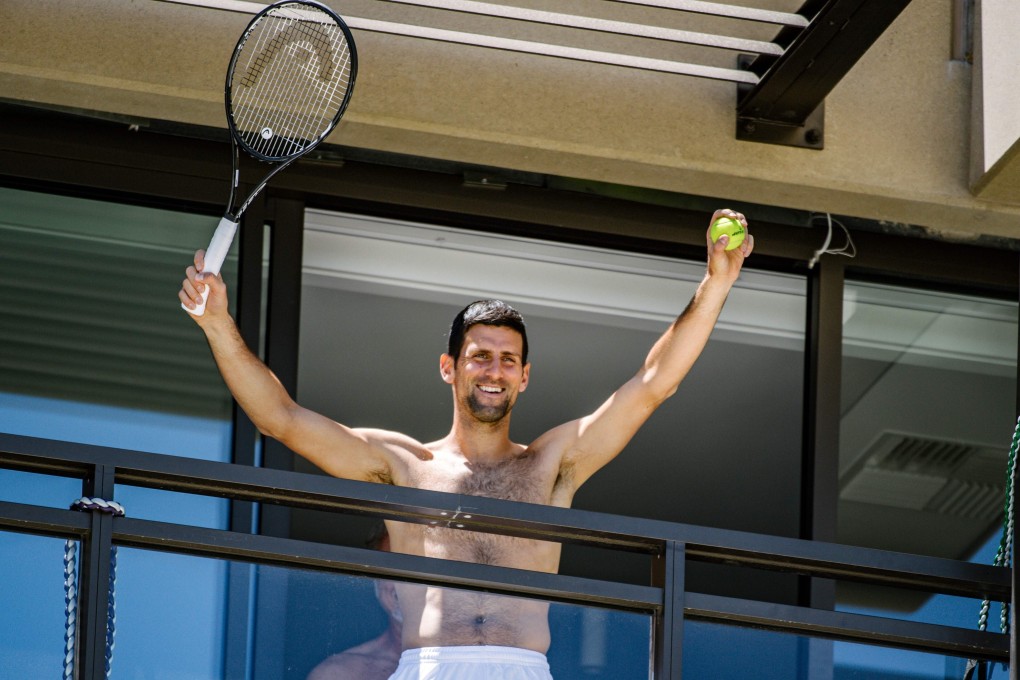Editorial | Tennis aces meet match in quarantine
- Top players who flew in for Melbourne Open only to be confined to hotels find there is only one winner when facing the coronavirus

Covid-19 forced cancellation of the Wimbledon tennis tournament last year. The priority now is to save the first grand slam event of the year, the Australian Open in Melbourne from February 8, from a similar fate.
The means is social distancing and the quarantining of players if necessary, and the bottom line is no exceptions. Imagine the reaction of tennis stars used to receiving special treatment such as chauffeured cars when officials herded more than 70 of them into strict hotel room quarantine for 14 days.
This is after they arrived on chartered flights carrying just one or two people who tested positive.
In the words of four-time grand slam doubles champion and former Australian Open boss Paul McNamee, many players would have felt a form of culture shock.
After all, what country considers lockdowns or limits internal border crossings in response to such a small number of infections? Perhaps we in Hong Kong would empathise, with mandatory testing of everyone in a building after one positive test.
World No 1 Novak Djokovic, who is quarantining in Adelaide with access to practice courts, presented a list of 10 demands for changes to quarantine, including leave to practise on the private tennis courts of Melbourne’s wealthy. The government rejected all 10.
